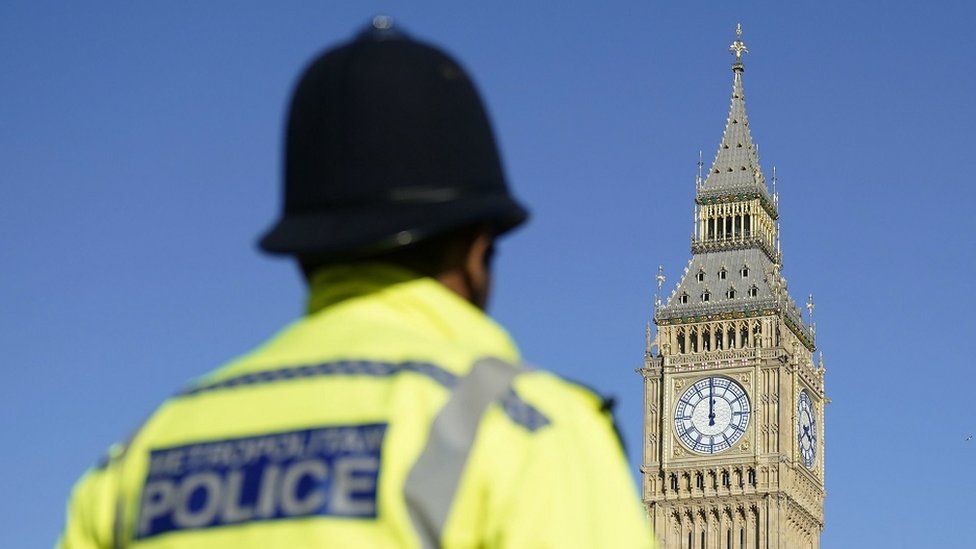ARTICLE AD BOX
 Image source, PA Media
Image source, PA Media
By Phil Kemp & Henry Zeffman
BBC News
The police were first made aware of suspicious messages targeting men at Westminster late last year - but did not warn MPs, the BBC has learned.
Many of those targeted in the alleged "honeytrap" scandal did not realise others had also been receiving messages until media reports in the past week.
It now emerges the Metropolitan Police began an investigation last year when Commons security staff were alerted.
It raises questions about whether more should have been done to warn MPs.
Most of the targets the BBC is aware of - including at least one MP - did not receive messages until this year, after the Metropolitan Police were first warned about the issue.
Concerns have been raised that the unsolicited, flirtatious WhatsApp messages from people calling themselves "Charlie" or "Abi" were part of an organised attempt, possibly by a hostile state, to compromise or blackmail politicians, a technique known as a honeytrap.
It is understood that what was reported to the police last year was much more limited than the scale of the issue that has since come to light.
'Scared'
Security sources have cautioned against jumping to the conclusion that another state was involved, saying that there was no sign of a high level of sophistication or insight which would require that.
But in some cases explicit images were exchanged. William Wragg, an MP, has resigned the Conservative whip after saying that he gave the phone numbers of fellow MPs to a man he met on a dating app because he was "scared".
Earlier this week, the Met confirmed that an investigation was under way following the reports of the unsolicited messages.
BBC News understands that the Commons authorities did not issue any earlier warnings because before last week there was no suggestion of a wider security risk or the volume of messages that were being sent.
The Parliamentary Security Department, which is responsible for MPs' security, was made aware of the report to the police as part of its regular liaison with the Metropolitan Police, whose officers protect the Westminster estate.
The BBC can also disclose that some of those caught up in the alleged honeytrap are frustrated at the progress of the police investigation.
Potential risks
One former MP who received messages via WhatsApp in March said he was "surprised" he had yet to hear from the Met, despite agreeing for his details to be passed on by the Commons authorities last week.
"I thought I'd have heard from them on Friday or Monday even if it was just trying to form a picture of who this person has contacted. I thought someone would have spoken to me by now," he said.
He also called for more communication with former MPs about the potential risks they could face from unsolicited messages.
Another man targeted with messages said he had also yet to speak to the police despite sharing information with the Commons authorities.
But a third man who received messages in March said he had heard from investigating officers within half an hour of reporting concerns to staff in parliament.
Officers are now in the process of contacting all those who have made reports.
A Metropolitan Police spokesperson said: "Where particular concerns are identified, security arrangements are reviewed, adapted and strengthened as appropriate.
"We continue to review the support we provide to MPs and their staff to ensure we have the right measures in place to keep them safe.
"Year-round, the [counter-terrorism] Policing and the Met work closely with Parliamentary authorities on issues relating to the security of MPs and security arrangements for individual MPs are kept under continual review.
"This is done by the Parliamentary authorities, government, the Met's Parliamentary Liaison and Investigation Team and local officers from the national Operation Bridger network."

 1 year ago
29
1 year ago
29








 English (US) ·
English (US) ·